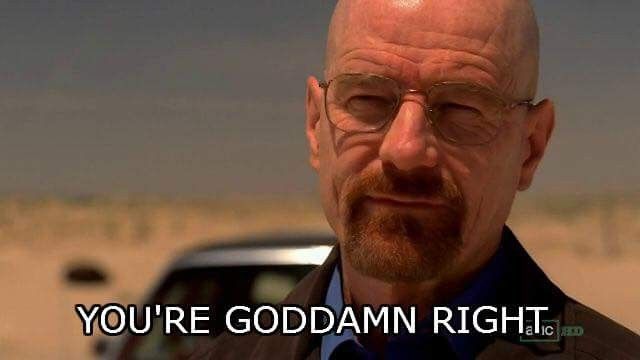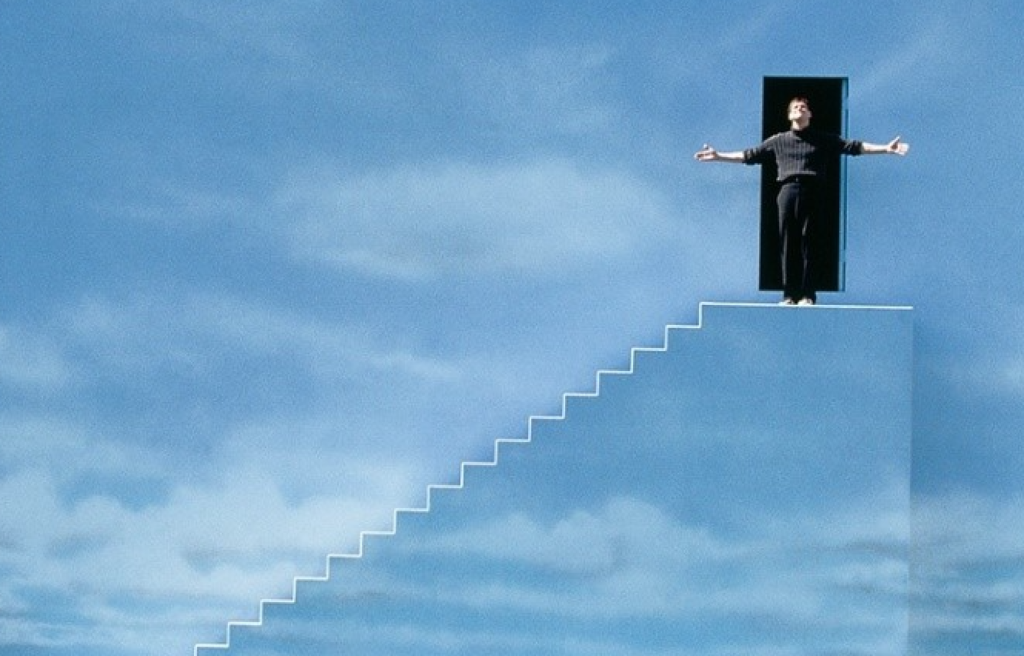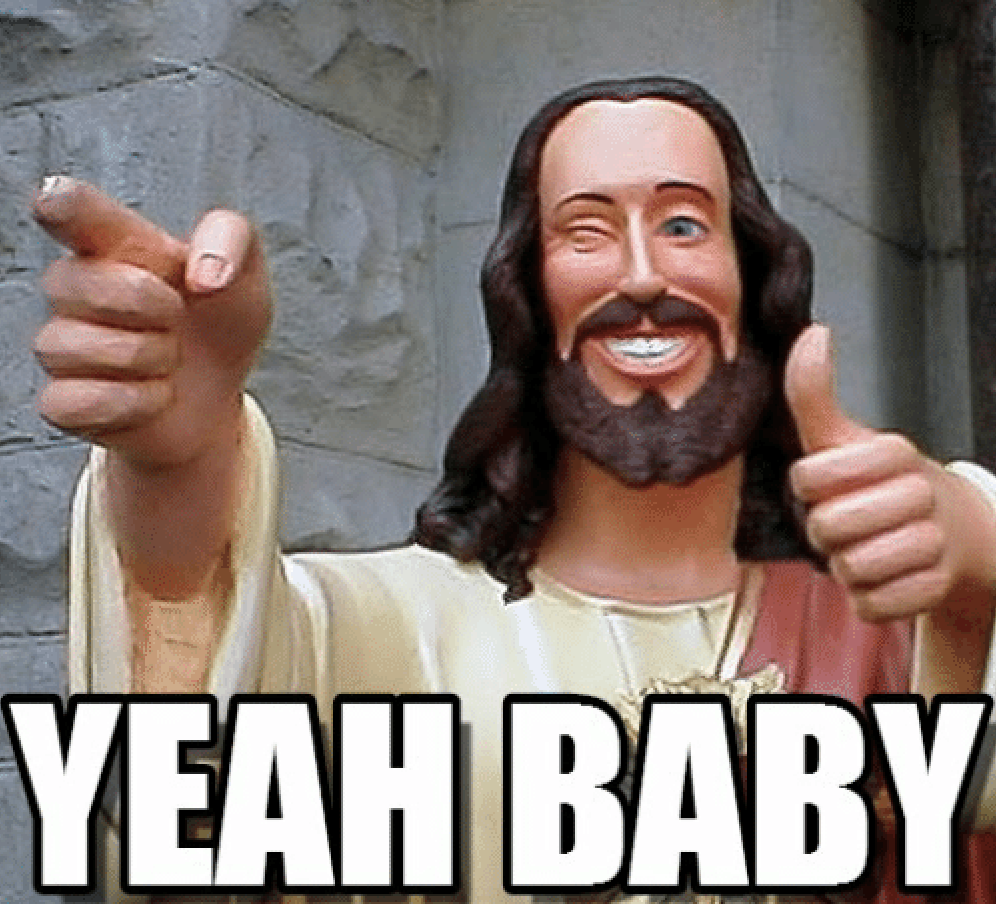Is the world a stage?
As years go by, I came to experience what was the gist of human interactions and it sometimes can seem baffling.
We, as humans, tend to personify the roles that we are designed to play, even way more than what was purported to be at first. People tend to judge others quite fast, basing their assumptions on their jobs and the status they can benefit from getting to know such an individual.
As if a banker was supposed to a successful, elegant and intelligent man, but a factory worker had to depict a dull, vulgar and poor person. I’ve seen many people react like that, especially on new encounters. Some might say nothing, but their body language does, in a big way…
I’ve always gone against the grain, because I’ve always been interested in what people are and think, rather than what they do or are from. You can be a genius and work at McDonald’s for all I know, especially today. Sadly, most people don’t even believe it’s possible – because it doesn’t make sense to them – and only focus on appearances. That’s also why they’re so easily duped. And I’ve met my fair share of despicable bankers, whereas many factory workers still deserve to be know, believe me…
Anyway, as we’ve just mentioned, even a shoemaker might be proud of being a shoemaker and despise politicians by thinking they’re all corrupt, whereas a politician might look down upon the same shoemaker and see him as someone who doesn’t have any broad vision.
The thing is, in hindsight, everyone’s vision is true, because each vision is self-generated by their creators. As a result, it exists in them because they build their vision upon it.
It’s also very interesting to notice that “everyone thinks they’re better than the next person”. This is also quite telling about the ego itself.
Here, the challenge lies in when we change people’s roles or swap their positions.
An experiment like this took place and was called the Stanford prison experiment. It took place in 1971 and was implemented by Philip Zimbardo. Its goal was to examine the effects of situational variables on participants’ reactions and behaviors in a two-week simulation of a prison environment. In this social experiment, random people were given the roles of prisoners, while others, in a total random fashion too, were given the role of their jailers.
The results were staggering. In short, in no time, the jailers became more and more violent due to the position that was given to them. The jailers took to heart to do their job well, and this led them to behave inappropriately towards the prisoners. In other words, they used their power to abuse authority.
The important factor here is that these were random people, like you and me, who were not particularly prone to violence, but went through an experiment that gave them more power over their fellow countrymen.
Consequently, this begs the question:
To what extent are people ready to embody a role?

Empirically, I noticed that most do, and not only in a good way. Besides, this experiment proves my point.
That has given me food for thought, since I’ve always tried to analyse the whys and the wherefores of people’s behaviours.
In today’s age, most people would say they would not have collaborated to a Nazi régime, and would have resisted like the resistants, but seriously, would you? You see, back in the day, everyone did what their roles compelled them to do. They didn’t care about much more, or what about what such actions could have had as consequences. Just like today. People ply their trade, do what they’re told and enjoy their holidays. Few call into question that biggest narratives, such as global warning, AI economy, etc.
Everyone believes the same theories, because they are told by experts (who have a higher status => another sign of authority not to be debunked) and those who do not are not invited to such debates.
I see countless people criticizing others on their political choices, calling others Nazis, or names and so forth on the web. But what makes you so right, when you only react to some fleeting feelings of yours?
Have you tried pondering over your thoughts with detachment? What are the thoughts you nourish? You think their foundations are solid but who knows? Two wrongs never make a right, after all.
As most people follow what their imbued role determines them to do, they just follow what the majority dictates them and what is right for their roles in society. Sadly, most don’t have a broader vision…
If your business is a restaurant and it has to close due to an epidemic, you’ll probably get angry and would even go as far as say it’s a dictatorship.
Whereas others might say you’re going a bit far and closing may be for the greater good. They might not consider your position or role, and look down on your experience, whereas you’d put that same experience first. Regarding human nature, that’s normal and it makes complete sense. But looking closely, who’s right in that? As usual, both.
The thing is not many try to look beyond and rather than focusing on the divide, omit those who gave the orders or mandate. Who advised them? Shouldn’t their advisors be confronted a lot more? That’s a real question to ponder over.
And when the divide grows wider, clichés come along: Teachers are lazy and often on strike. Politicians are all corrupt. Civil servants are incompetent. Sales people are liars. The fact that those clichés exist is nothing new in itself. But one might wonder then, why do people embody them and strengthen them?
Why do you follow the herd, as a teacher being more on strike, as a sales person lying to sell, as a politician lying too? Why do you react as someone who would typically react to such emotional stimulus?
I see one reason why people react when their role is threatened:
To keep their societal status, which strengthens their identity, especially if it enables them to get an upper hand and a superiority over others.
Let’s be honest, without identity, people have trouble identifying themself. It’s important to have one, but attaching oneself to it is rather uncanny as we grow older and more different everyday.
So people try to strengthen their ego, without caring of what’s right or wrong, and because of laziness.
Realizing you’re playing yourself would undoubtably throw you into a sea of doubts, because you don’t yet know that you’re way more than your role (or job) in society.
It would redefine your vision of the world, which could be seen as a stage, with millions like you.

For what reasons would someone need to be violent because they’re a jailer and more understanding when they’re a teacher? Because the limits of their roles lie within such proportion, or just because they’re lazy thinking about their actions and their consequences?
At first, I thought it would have been the former, but I consider the latter a lot more these days.
Indeed, the latter is more prevalent in human society. People don’t like to see what hurts in their behavioural misconduct, because it would imply having to make a effort to improve themselves.
And even though lots of them would love to improve, many are reluctant to the necessary efforts those efforts would entail, because they’re used to living with their shortcomings.
So, my final question would be:
If you are a XXXXX(whatever position you like), what gives you the right to look down upon the work of another human brother or sister of yours? You have no idea what they go through at all.
Didn’t Jesus say:
First, remove the beam out of your own eye, and then you can see clearly to remove the speck out of your brother’s eye?

Stop playing your role in such a depth and get off your high horse. You might feel a bit more what it takes to be in other people’s position.
If you can’t, that might not be a good sign of your compassion and it’s something you might want to work on, someday, when you’re ready…
I hope this post enabled some of us to gain some insight on our daily attitudes. Let’s just be ourselves and try not to judge others too. 😉
Cheers!
Posted on July 3, 2022 by Mat.


